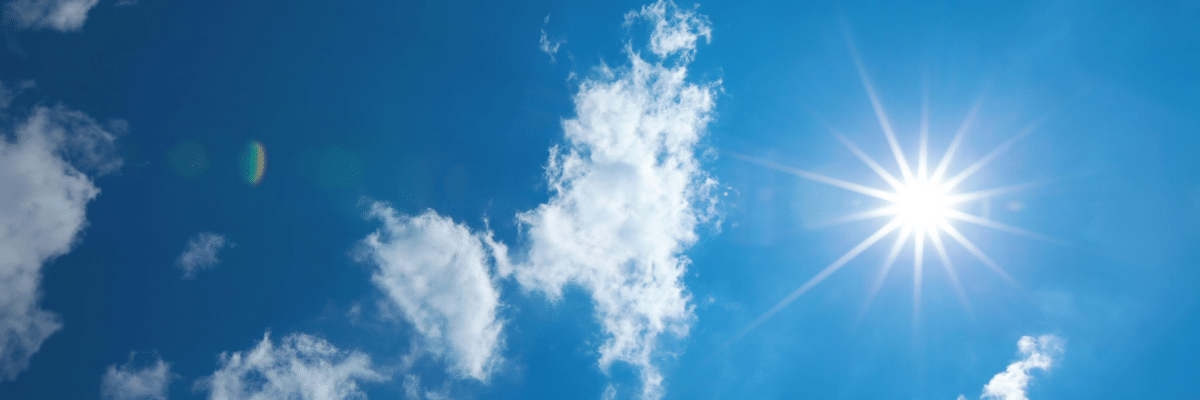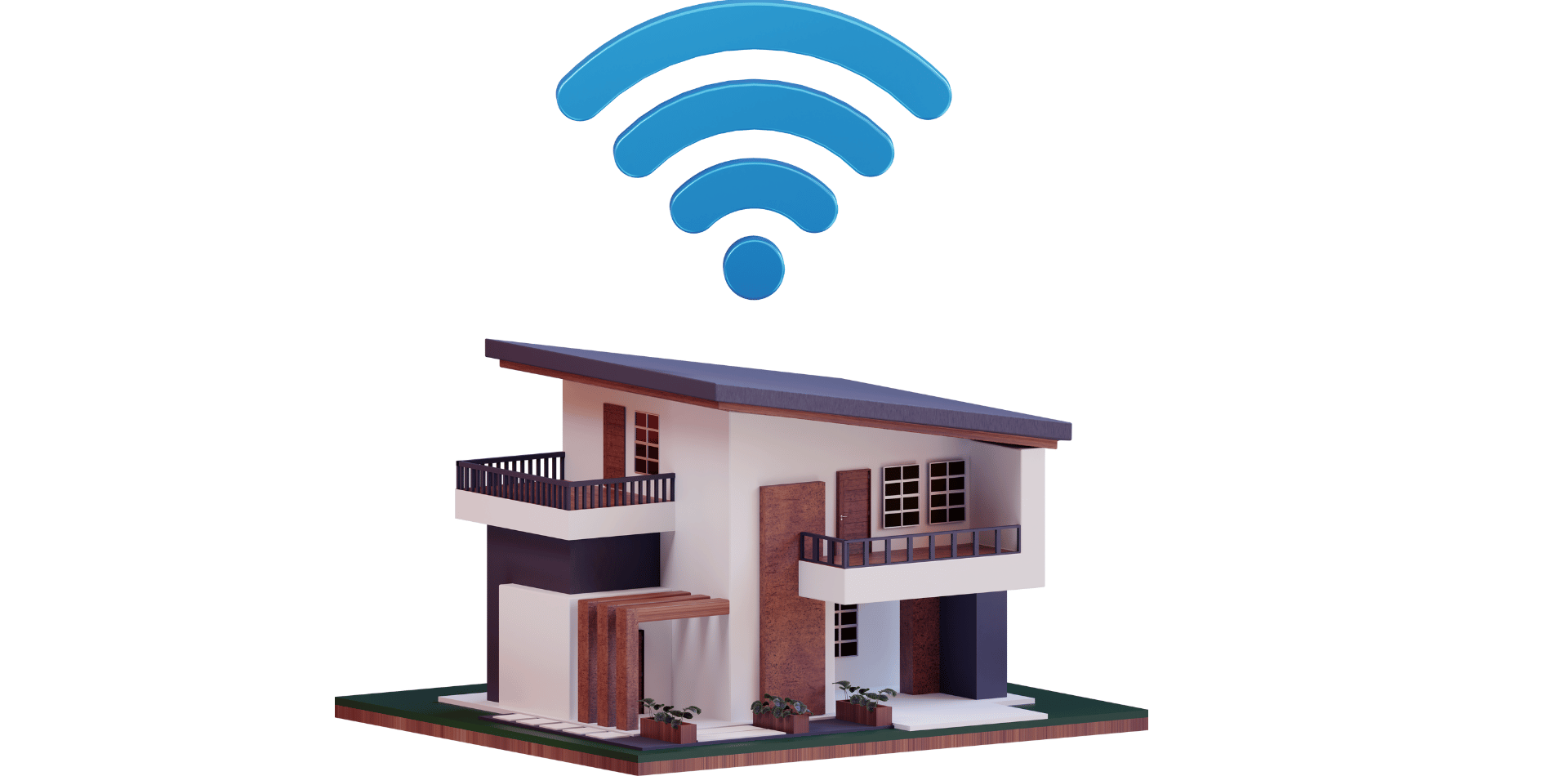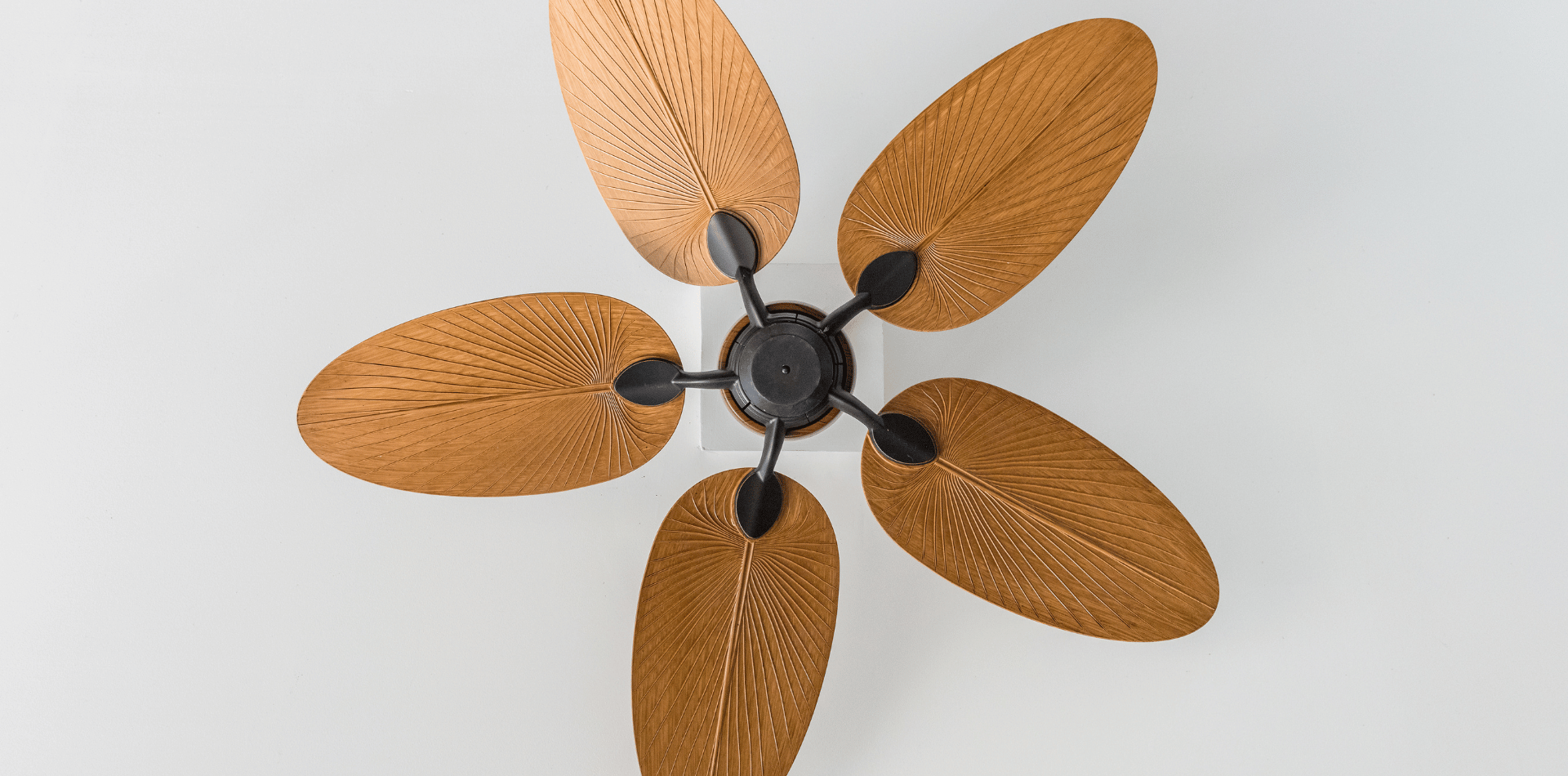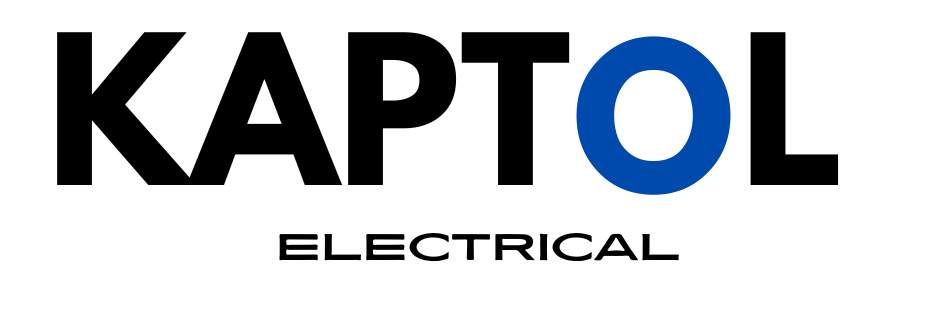WHAT ARE THE PROS AND CONS OF SOLAR POWER?
Advantages and Disadvantages of Solar Panels

What are the Pros and Cons?
The energy the sun provides enough power to the earth in one hour to meet the energy needs for the entire globe for one year!
The sun is a very powerful energy source.
Although we are not yet able to capture even a small fraction of this energy, harnessing this power by installing solar panels can make a significant difference your own power bills, and to the planet as a whole.
Over the years, Solar Power has been widely seen as expensive or inefficient.
Recently, however, solar energy has proven to be very beneficial, not only for the environment but also for the general economy.
Solar Panel subsidies and the increasingly competitive prices in the market have helped solar energy grow in popularity and is becoming the main source of energy for more and more families.
Solar Panel technology has drastically improved over the last few years.
This, combined with advancements in solar battery storage systems, has transformed solar energy systems into a significantly more efficient source of clean energy.
As with most things, however, there are some disadvantages to solar power.
Below is a list outlining the main advantages and disadvantages of Solar Energy.
Advantages of Solar Energy
- Renewable Energy Source
- Reduce Electricity Bills
- Diverse Applications
- Low Maintenance Costs
- Technology Development
Disadvantages of Solar Energy
- Cost
- Weather Dependent
- Solar Energy Storage is Expensive
- Requires a lot of Space
- Linked to Pollution
Advantages of Solar Energy
1. Renewable Energy Source
There are many benefits to installing solar panels, the most important thing is that solar energy is a truly renewable energy source. It can be harnessed right across the world and is available every day. Unlike some other energy sources, the world is not going to run out of solar energy.
While ever we have a sun, solar energy will be available.
According to scientists, sunlight from our very own sun will be available for at least 5 billion years.
That should be long enough!
2. Reduces Electricity Bills
Your energy bills will drop now that some of your energy needs will be supplied with the electricity your solar system is generating. The amount you save on your bill will depend on the size of your solar system and your electricity or heat usage.
For example, if you are a business using commercial solar panels the switch to solar can have huge benefits because the large system size can supplement more of your energy bills.
Not only will you be saving on your electricity bill, but there is also a possibility to receive payments for the surplus energy that you send back to the grid.
3. Diverse Applications
Solar energy can be used for diverse purposes. You can generate electricity (photovoltaics) or heat (solar thermal). Solar energy can be used to produce electricity in areas without access to the energy grid, to distil water in regions with limited clean water supplies and to power satellites in space.
Solar energy can also be integrated into the materials used for buildings. Not long ago Sharp introduced transparent solar energy windows.
4. Low Maintenance Costs
Solar energy systems generally don’t require a lot of maintenance.
You need to keep them clean but that’s about it.
Cleaning them a couple of times per year will be all that is required.
Most reliable solar panel manufacturers offer 20-25 years warranty.
As there are no moving parts, there is no wear and tear. The inverter is usually the only part that needs to be changed after 5-10 years.
The inverter is continuously working to convert solar energy into electricity and heat. The inverter and cables need maintenance to ensure your solar power system runs at maximum efficiency.
So, after covering the initial cost of the solar system, you can expect very little spending on maintenance and repair work.
5. Technology Development
Technology in the solar power industry is constantly advancing and improvements will increase more in the future. Innovations in quantum physics and nanotechnology can potentially increase the effectiveness of solar panels and double, or even triple, the electrical input of the solar power systems.
Disadvantages of Solar Energy
1. Cost
The initial cost of purchasing a solar system is fairly high.
This includes paying for solar panels, inverter, batteries, wiring, and the installation. Nevertheless, solar technologies are constantly developing, so it is safe to assume that prices will go down in the future.
2. Weather-Dependent
Although solar energy can still be collected during cloudy and rainy days, the efficiency of the solar system drops. Solar panels are dependent on sunlight to effectively gather solar energy. Therefore, a few cloudy, rainy days can have a noticeable effect on the energy system. You should also take into account that solar energy cannot be collected during the night.
On the other hand, if you also require your water heating solution to work at night or during wintertime, thermodynamic panels are an alternative to consider.
3. Solar Energy Storage Is Expensive
Solar energy has to be used right away, or it can be stored in large batteries.
These batteries, used in off-the-grid solar systems, can be charged during the day so that the energy is used at night. This is a good solution for using solar energy all day long but it is also quite expensive.
In most cases, it is smarter to just use solar energy during the day and take energy from the grid during the night (you can only do this if your system is connected to the grid).
Luckily your energy demand is usually higher during the day so you can meet most of it with solar energy.
4. Uses a Lot of Space
The more electricity you want to produce, the more solar panels you will need, as you want to collect as much sunlight as possible. Solar PV panels require a lot of space and some roofs are not big enough to fit the number of solar panels that you would like to have.
An alternative is to install some of the panels in your yard but they need to have access to sunlight.
If you don’t have the space for all the panels that you wanted, you can opt for installing fewer to still satisfy some of your energy needs.
5. Associated with Pollution
Although pollution associated with solar energy systems is far less than other sources of energy, solar energy can be associated with pollution. Transportation and installation of solar systems have been associated with the emission of greenhouse gases.
There are also some toxic materials and hazardous products used during the manufacturing process of solar photovoltaic systems, which can indirectly affect the environment.
However, solar energy pollutes far less than other alternative energy sources.
You might also like







